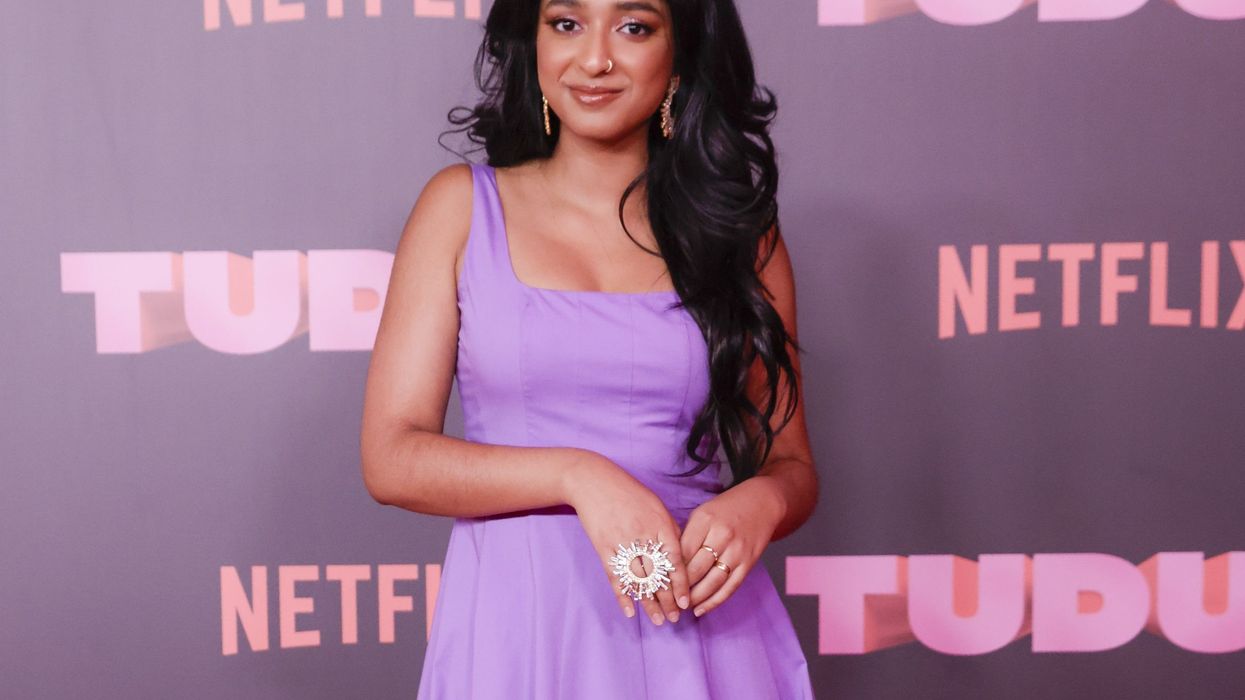Maitreyi Ramakrishnan, who shot to global fame with the success of her Netflix show Never Have I Ever and is currently seen in its fourth and final season, has spoken about how social media can be “very stressful and anxiety-inducing” and her decision to stop seeking validation from the virtual world.
Acknowledging the great stress and anxiety that social media can bring, Ramakrishnan said during an interview, “Social media can be very stressful and anxiety-inducing. It allows people to make opinions all the time and be very cruel because we forget that there’s a real human being behind the screen. People on social media like to misinterpret things, make fake stories and just judge others.”
She also added that social media is replete with racists, sexists, and homophobes and she does not need approval from them. “Racists are online. I don’t need their approval. I’m okay. There are absolute sexist and bigots online. I’m totally okay without the approval of the homophobes. So, I take that all with a grain of salt.”
The 21-year-old actress continued, “I don’t put my validation in social media. I just treat it like a fun thing, by posting cool stuff such as video game stuff, or photo shoots to keep it real. And then I go to my friends and my loved ones to tell and remind me of the person I am.”
The Tamil-Canadian actress, who plays the role of college-going young girl Devi Vishwakarma on Never Have I Ever, added that her character helped her embrace her emotions. “My character of Devi has helped me embrace my emotions -- be it good emotions or bad emotions. She has definitely made me feel that it’s okay to feel things, feel upset and feel really happy and get excited about things. It’s not cringe or stupid or naive. She has brought the more emotional side out of me over these past four years,” she signed off.
Stay tuned to this space for more updates and reveals.




